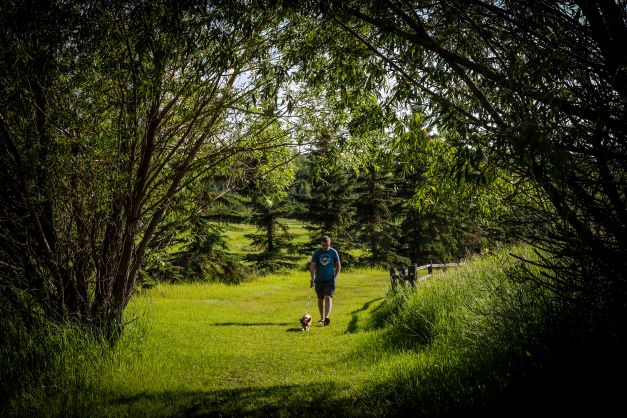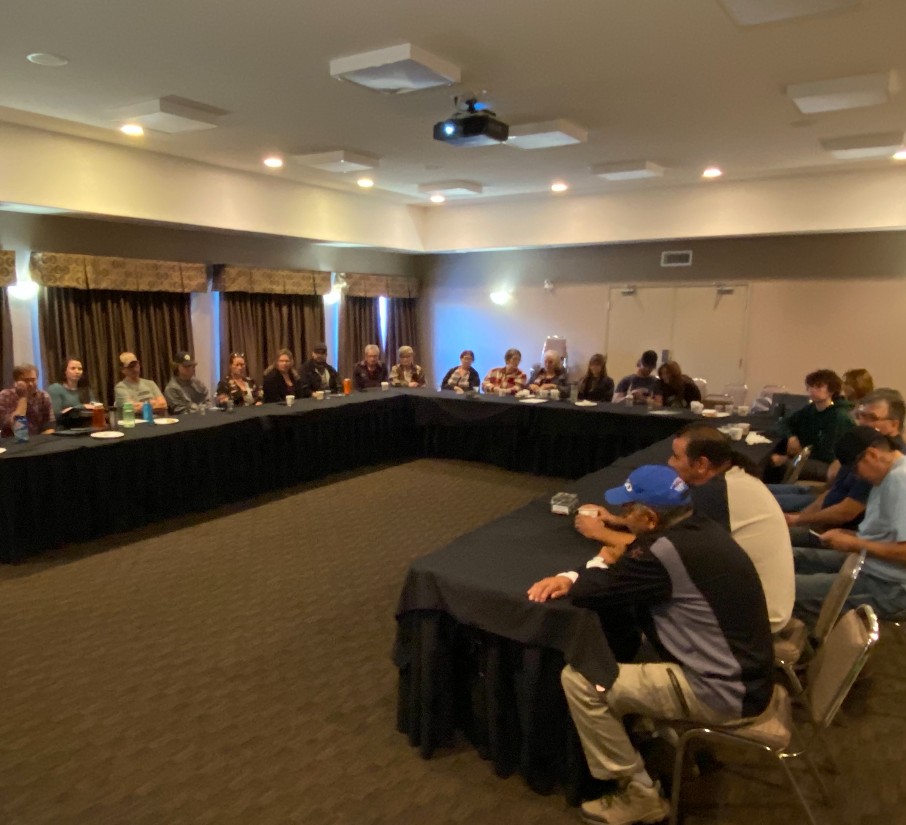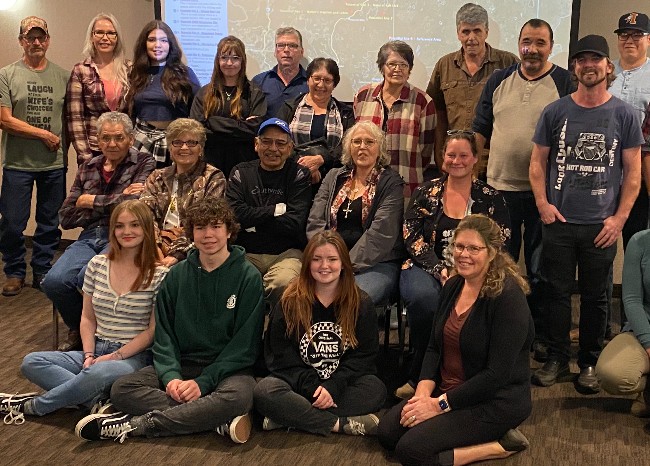Overview
Lakeland Métis Community Association (LMCA) received $79,407 in grant proceeds for the completion of a Climate Resilience Action Plan.
This project was funded by the Government of Alberta, through the Municipal Climate Change Action Centre’s Climate Resilience Capacity Building Program.
Approach
The Lakeland Métis is a community in the Lakeland region of Alberta, committed to addressing climate change by enhancing resilience, promoting sustainable practices, and integrating traditional knowledge into environmental stewardship.
Their initiatives aim to mitigate climate impacts and ensure the sustainability of their natural resources for future generations.
Lakeland Métis, in collaboration with Oak Road Concepts, undertook a comprehensive community engagement initiative to address the impacts of climate change on the Métis way of life. This involved conducting extensive interviews with Lakeland Métis members to gather insights and concerns about how climate change is affecting their daily lives and cultural practices.
This work was completed to address the growing impacts of climate change on the Lakeland Métis community and to develop effective strategies for resilience and adaptation. By engaging community members and incorporating traditional ecological knowledge, the project aims to ensure that climate adaptation efforts are culturally relevant and effective.
Throughout this process, Oak Road Concepts played a crucial role as a third-party contractor, facilitating interviews, analyzing data, and ensuring the inclusion of diverse perspectives from the community.
Results
The culmination of these efforts is a “What We Heard” Report, which outlines five strategic goals developed by the Lakeland Métis to prepare for and mitigate the impacts of climate change. These goals reflect the community’s priorities and are aimed at fostering resilience, preserving cultural heritage, and promoting sustainable practices. The goals include incorporating lndigenous knowledge into climate resilience efforts, enhancing community awareness and education, promoting sustainable practices, strengthening infrastructure and emergency preparedness, and fostering regional collaboration.
Objectives and tasks for each goal involve documenting traditional ecological knowledge, creating educational programs, supporting sustainable harvesting techniques, upgrading infrastructure to withstand extreme weather, and forming partnership with regional authorities. The report emphasizes the importance of leveraging traditional knowledge and proactive measures to mitigate the impacts of climate change and preserve the Métis way of life.
Through these efforts, the Lakeland Métis community aims to build a resilient and sustainable future while maintaining their cultural heritage and connection to the land.
In completing this initiative, LMCA learned that local climate risks in the community primarily involve extreme weather events, such as floods and wildfires, which significantly impact traditional practices and the daily lives of the Lakeland Métis. Through engagement with community members, it became clear that climate adaptation and resilience efforts must prioritize the incorporation of traditional ecological knowledge to be effective and culturally appropriate.
LMCA also learned that fostering strong regional collaboration and enhancing community awareness are essential strategies for building resilience against these climate threats. The community remains committed to proactive measures, such as sustainable resource management and infrastructure improvements, to mitigate the adverse effects of climate change.
Benefits
Lakeland Métis benefits from this initiative by gaining a comprehensive plan that not only mitigates the adverse effects of climate change but also preserves their cultural heritage and traditional practices.
Additionally, the initiatives enhance community awareness, promote sustainable practices, and foster regional collaboration, ultimately contributing to a more resilient and sustainable future for the Lakeland Métis.
“Our participation in the CRCB program has empowered the Lakeland Métis to proactively address the challenges of climate change while honoring our cultural heritage. Through collaboration and the integration of traditional knowledge, we are building a resilient future for our people. This project marks a significant step forward in our commitment to sustainability and the well-being of our Nation.”
Melina Power, President & CEO, Lakeland Métis





You must be logged in to post a comment.